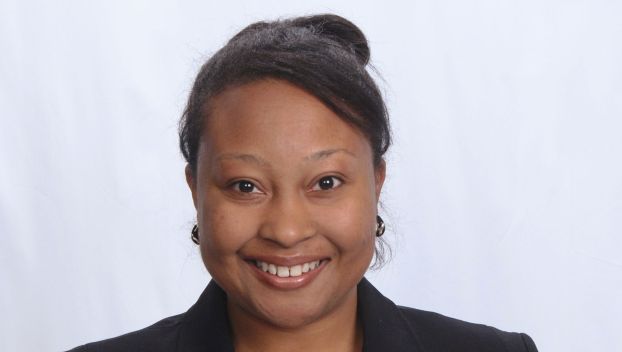
News
WCPS board’s public comment policy sparks debate
When local attorney Akisha Townsend Eaton reviewed Warren County Public Schools’ most recent Equity Scorecard, an annual report ... Read more

When local attorney Akisha Townsend Eaton reviewed Warren County Public Schools’ most recent Equity Scorecard, an annual report ... Read more